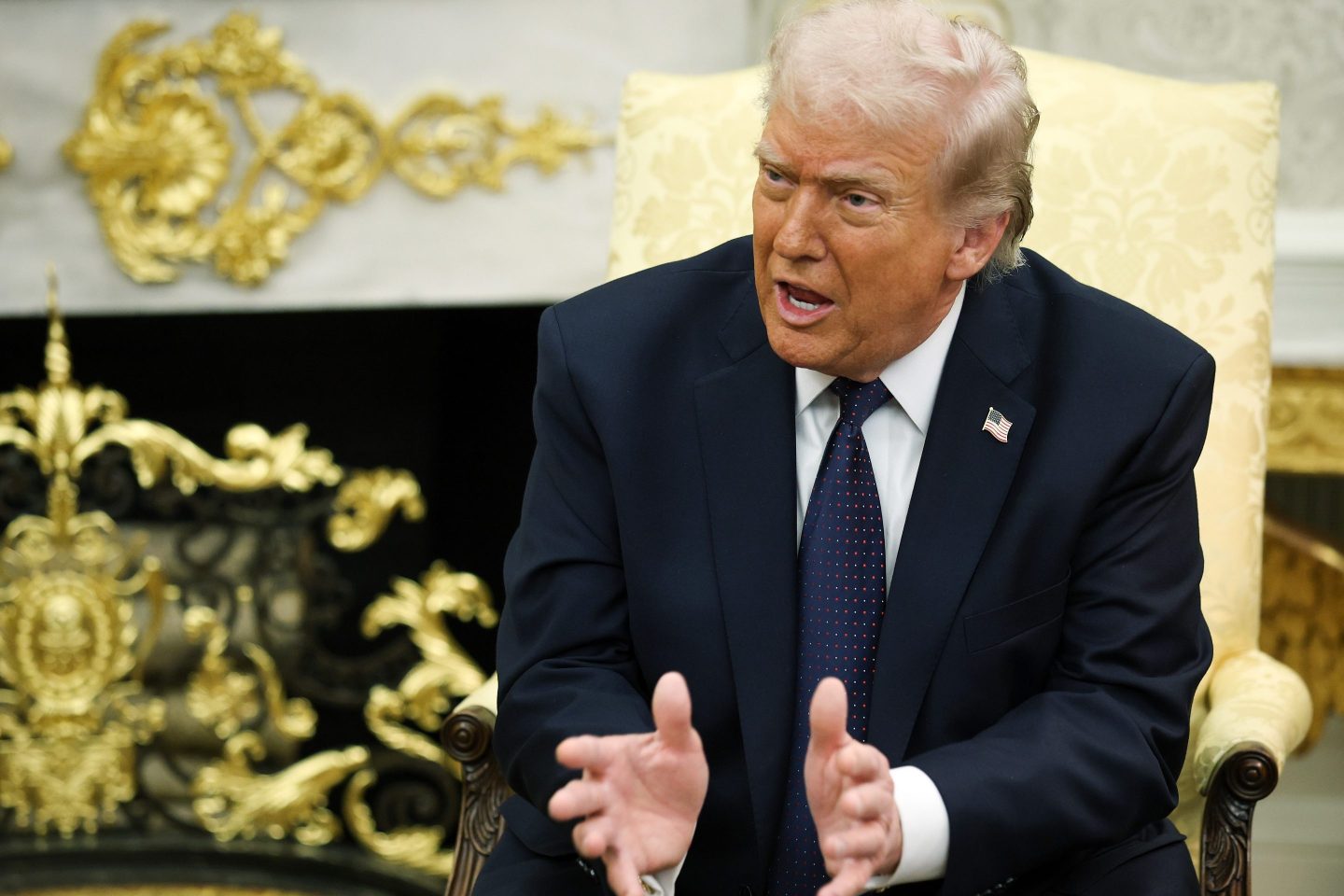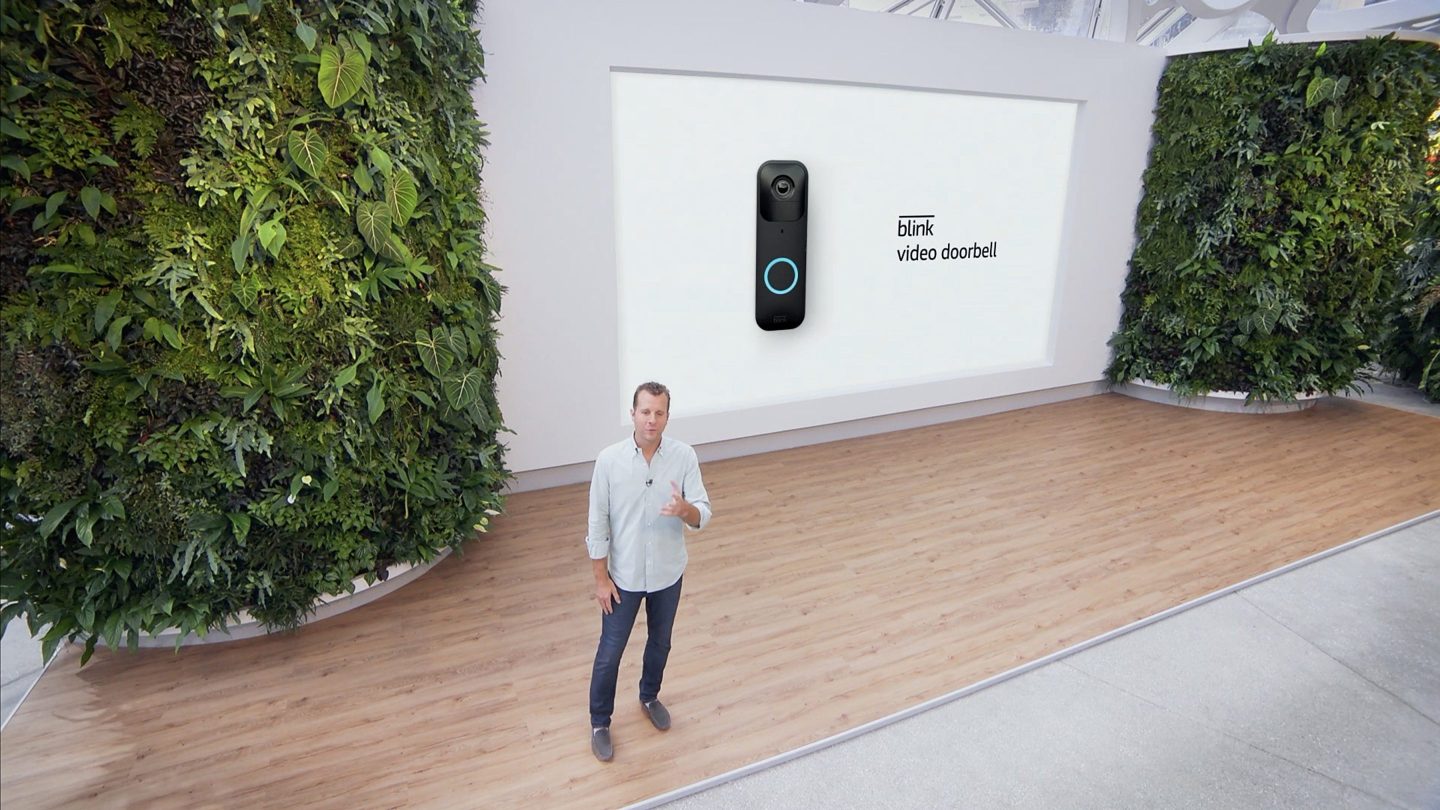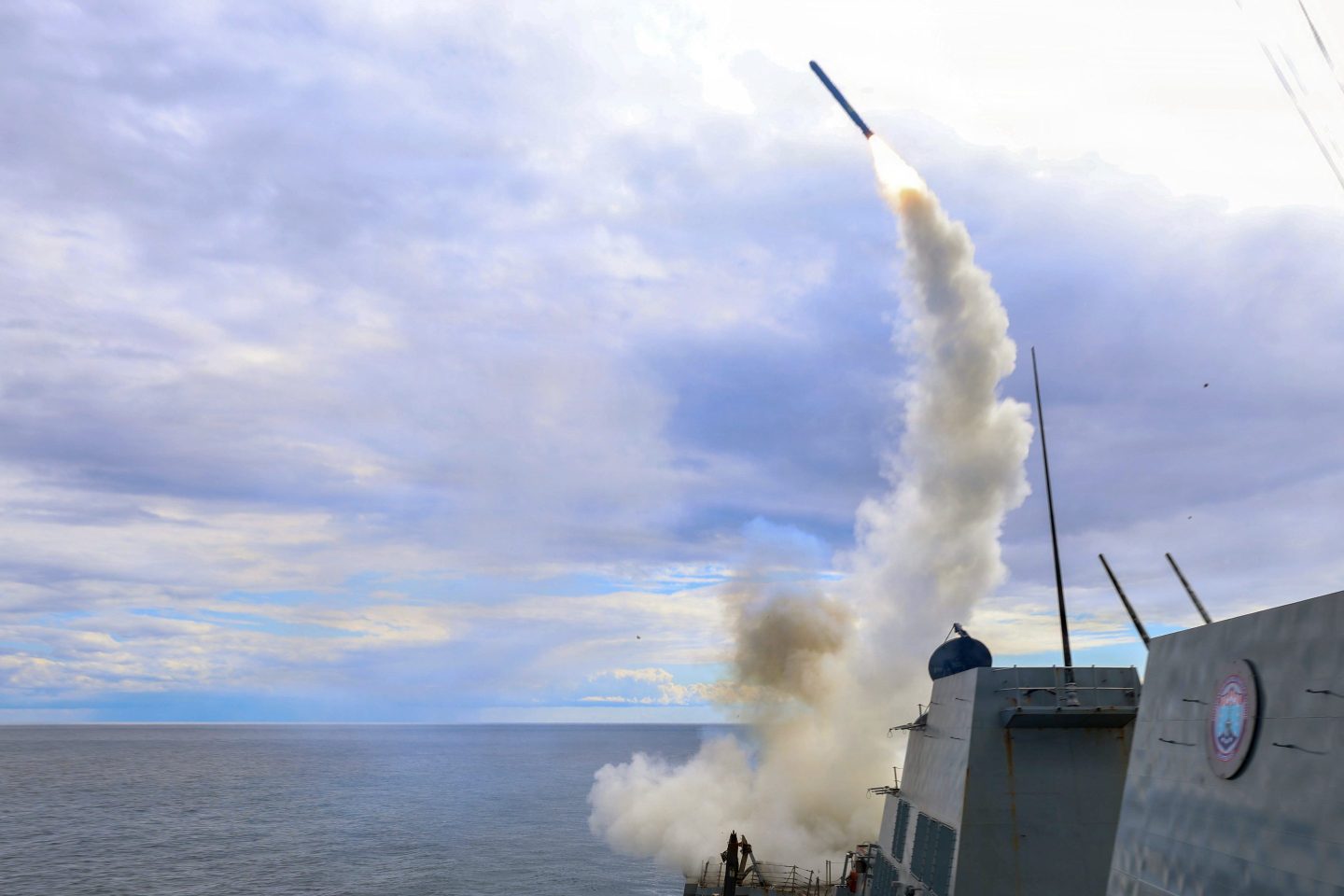When Sergio Marchionne, chief executive officer of Fiat Chrysler Automobiles NV, denounces “destruction” of capital in the global automotive industry and calls for “consolidation” by automakers, he’s not necessarily talking about mergers. But he could be.
In an April 28 conference call with equity analysts, Marchionne was deliberately vague, even sly, as to his intentions. But in a PowerPoint presentation entitled “Confessions of a Capital Junkie,” he explained that by cooperating on projects, automakers could return 2.5 billion to 4.5 billion euros to investors (equivalent to $2.8 billion to $6.1 billion), instead of wasting that money on duplicated investment and development costs.
Marchionne has managed to transform Fiat and Chrysler from two anemic, juddering automakers into a single stable company. Yet, FCA now must move up a notch from mere stability, since the next industry sales downturn could be harsh, if not fatal, to such a debt-laden company. FCA needs partners, more sales and profit; and the automaker must pay down debt—or find itself where Chrysler was in 2008, on the doorstep of bankruptcy.
Marchionne’s discussion with analysts was primarily aimed at major institutional and pension-fund investors. His was a call to action for institutions to push automakers’ boards of directors to find ways to improve paltry returns on enormous investments in plants, technology and regulatory compliance.
“Sergio underscored the fact that the industry has not been able to provide returns in excess of cost of capital, even after a major restructuring exercise in the U.S.,” wrote Adam Jonas, analyst for Morgan Stanley (MS) after the call. “For this reason, the business model fundamentally needs to be changed and the most viable solution is consolidation, in his view.”
FCA may well be trying behind the scenes to entice an automotive partner to build an engine together, share an assembly plant, or collaborate on a new platform or model. Marchionne stated, for instance, “consumers could not give a flying leap” which manufacturer’s four-cylinder engine is in a typical compact car. Why, then, do automakers design and build so many engines with roughly the same characteristics?
A few years back, Marchionne explained publicly that the fixed costs and investments in the global automobile business dictated that a full-line manufacturer must have at least six million units of sales to remain financially viable. FCA last year had sales of 4.8 million. Toyota, VW and GM (GM) each accounted for nearly 10 million vehicles sold.
FCA possesses a few exceptionally valuable assets that any global automaker would like to own, such as the Jeep brand, which last year accounted for more than one million vehicles sold. But would Ford (F), GM or Toyota be willing to buy FCA (market capitalization: $18.8 billion) to get Jeep? GM’s CEO Mary Barra specifically waved off an acquisition. An acquirer might be in a better position to wait until the next automotive downturn, when the cost might be lower.
One key to understanding Marchionne’s innovative viewpoint on the industry is his background. He’s basically an automotive industry outsider, who was chosen by Italy’s Agnelli family to run Fiat because of his business acumen and record in a non-automotive company.
Unlike many who have grown up in the industry and who are deeply proud to place their company’s logo, heritage and traditions before all else, he is a pragmatist who is determined to ensure FCA doesn’t turn into a rival automaker’s meal.












